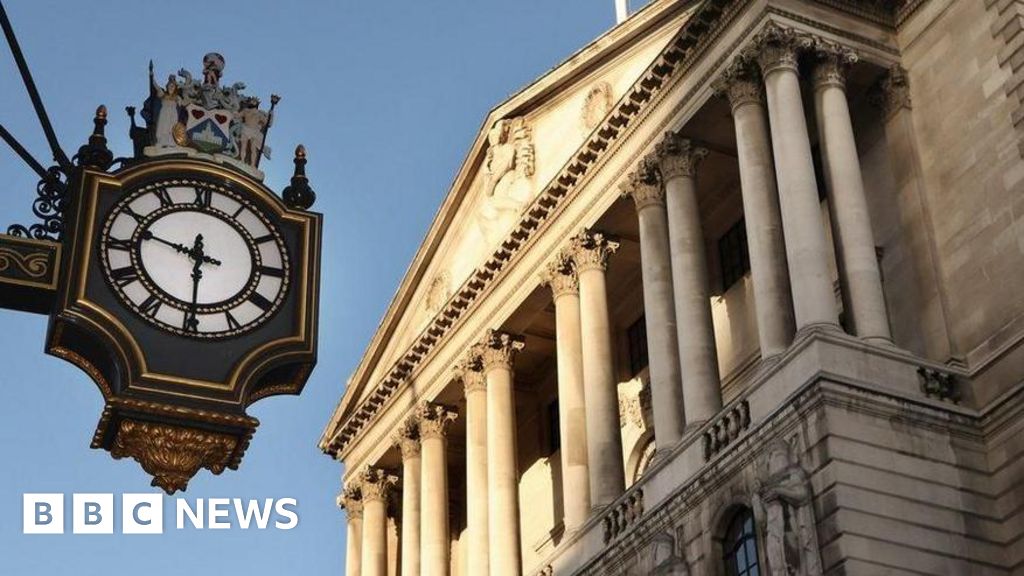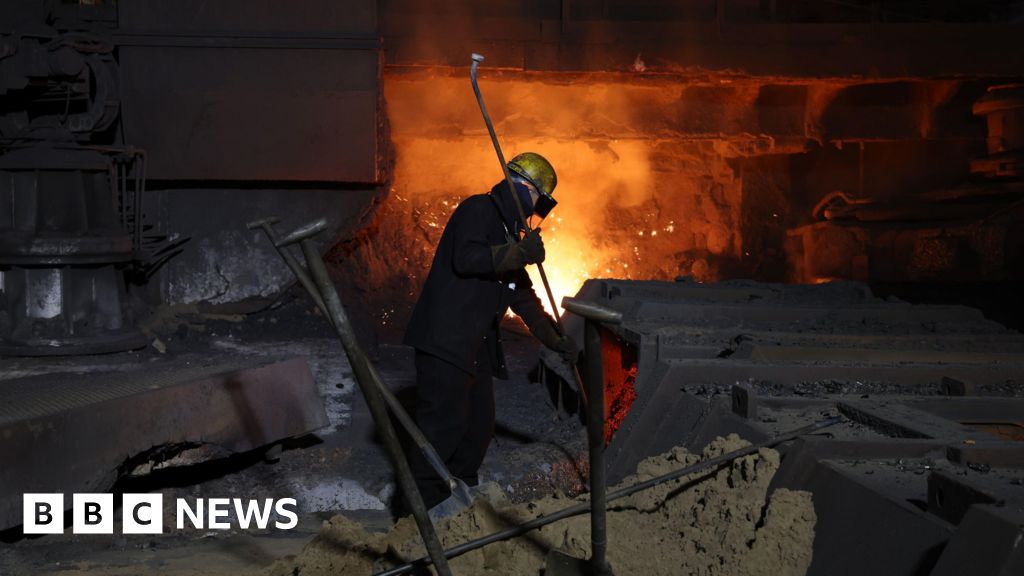ARTICLE AD BOX
The UK PM says climate change can only be tackled "if we take people with us".
By Sam Francis
Political reporter, BBC News
Rishi Sunak has denied leaving climate progress to other nations after watering down some net zero policies.
Over the past few months, the PM has delayed a ban on new petrol and diesel cars until 2035 and licences for oil and gas projects in the North Sea.
At the COP 28 summit, Mr Sunak argued that leaders must tackle climate change with solutions that do not affect people's finances.
On Friday, the government unveiled £888m of new green funding.
This money takes the total package of new green funding announced in anticipation of COP28 - the UN's annual climate change conference - to £1.6bn. That includes including £500m to tackle deforestation.
A deal between Masdar and RWE to invest up to £11bn in the UK's new wind farm at Dogger Bank was also announced.
Rachel Kennerley, who is representing Friends of the Earth at the conference in Dubai, said: "Rishi Sunak's call for tougher action on climate change is completely undermined by his decision to row back on key green policies.
"Instead of eroding business confidence and the UK's international climate credibility, the prime minister should be championing the acceleration to a green economy.
"This will bring enormous benefits such as new jobs and business opportunities, lower bills and a boost in energy security. "
'Polarised' debate
In September, Mr Sunak announced a five-year delay in the ban on the sale of new petrol and diesel cars, meaning a requirement for all new cars to be "zero emission" will not come into force until 2035.
The UK opposition leader is asked if it is "confusing" he is attending the COP28 conference as he is not the prime minister.
He also scrapped plans to ensured landlords gained an Energy Performance Certificate (EPC) of grade C or higher for rental properties, arguing moving too fast on green policies "risks losing the consent of the British people".
The plans were announced alongside a 50% increase in the Boiler Upgrade Grant to help households who want to replace their gas boilers.
Asked about his decision to delay several net zero targets, Mr Sunak said: "Not a single leader that I have spoken to today has spoken about that.
"Do you know why? Because most of their targets are less ambitious than the UK's."
He argued the debate around tackling climate change had become "distorted" and "polarised by extremes and that is not good for our country".
Image source, PA Media
Image caption,The prime minister and King Charles both spoke at the meeting of world leaders at COP28
Mr Sunak said the "costs of inaction" on climate change were "intolerable" but argued he would act in a "pragmatic way" without raising consumer costs.
He said leaders need to "take people with us" if they want to tackle climate change.
Labour leader Sir Keir Starmer, who is also attending the gathering in the United Arab Emirates (UAE), argued it was the prime minister who "is trying to polarise the debate" on climate change by "casting aside global leadership".
"Every country needs to do more across the globe - that includes the UK," Sir Keir said.
"If we do not hit the targets, it will be a disaster which is measured in floods in fires in all sorts of catastrophes across the world."

 1 year ago
36
1 year ago
36








 English (US) ·
English (US) ·